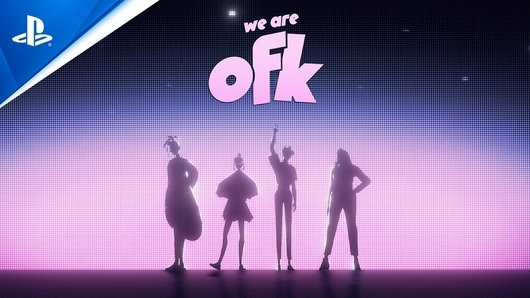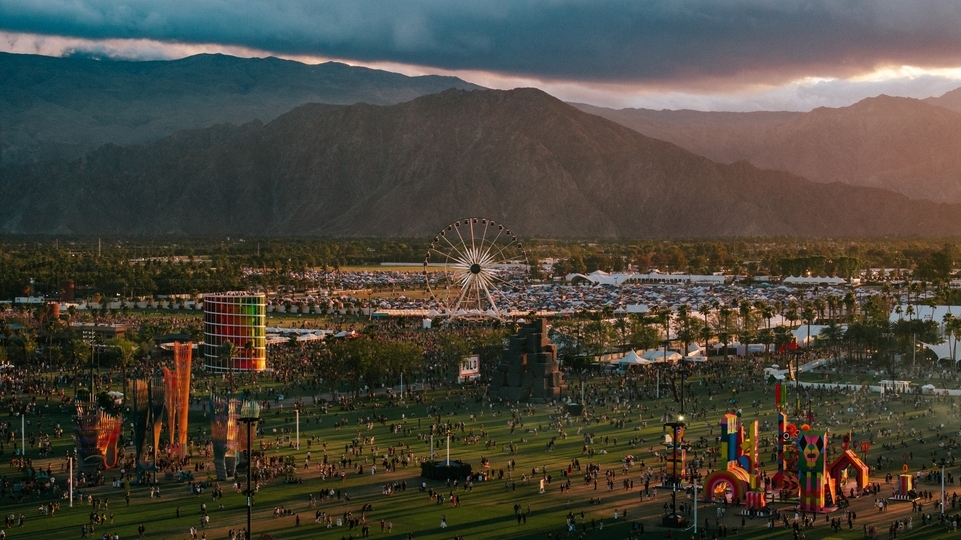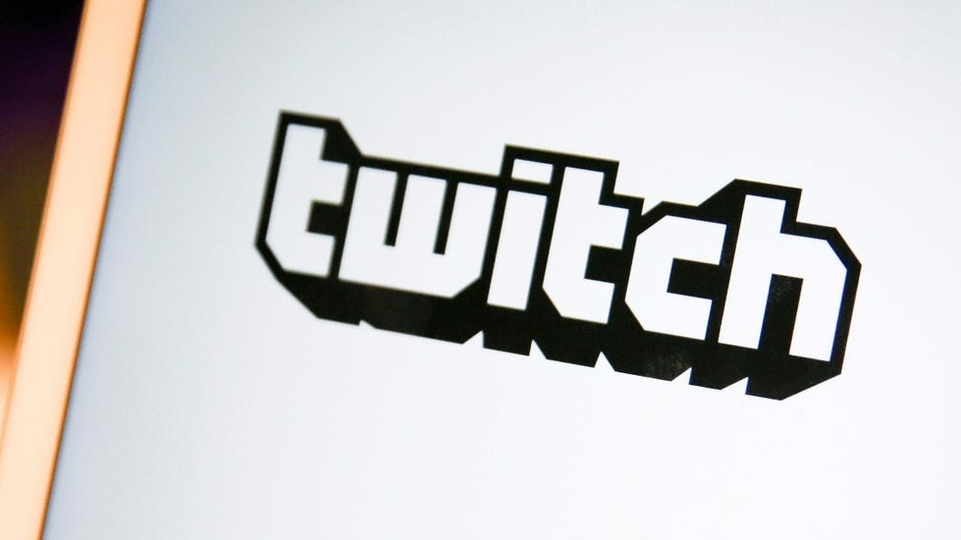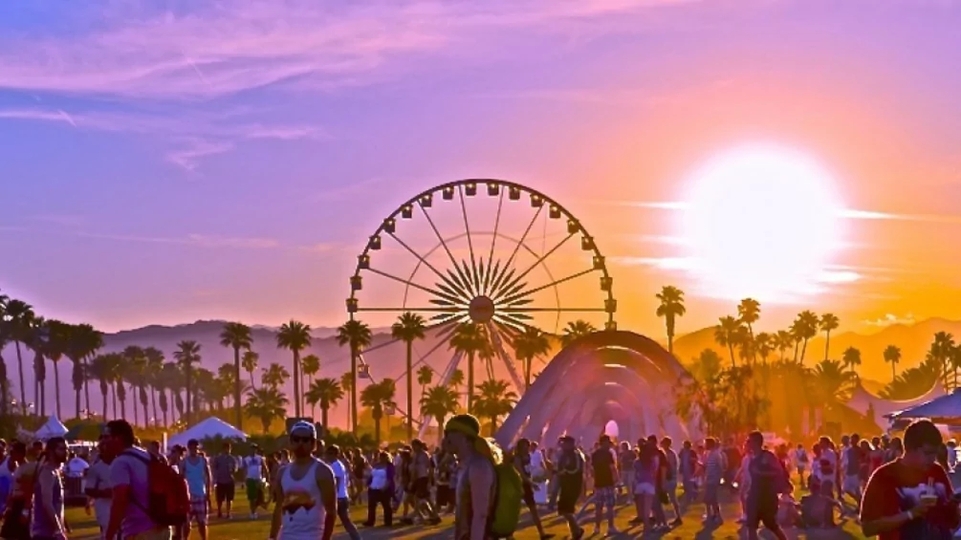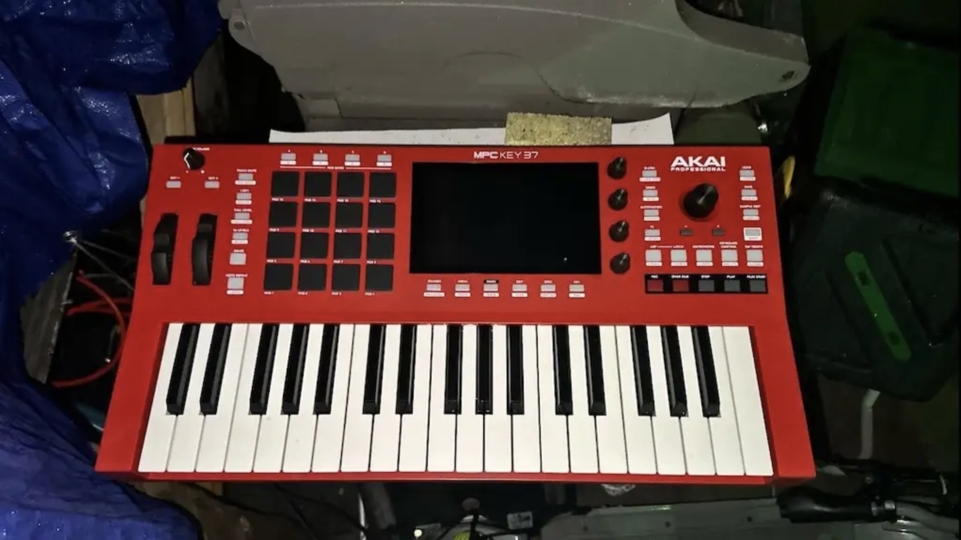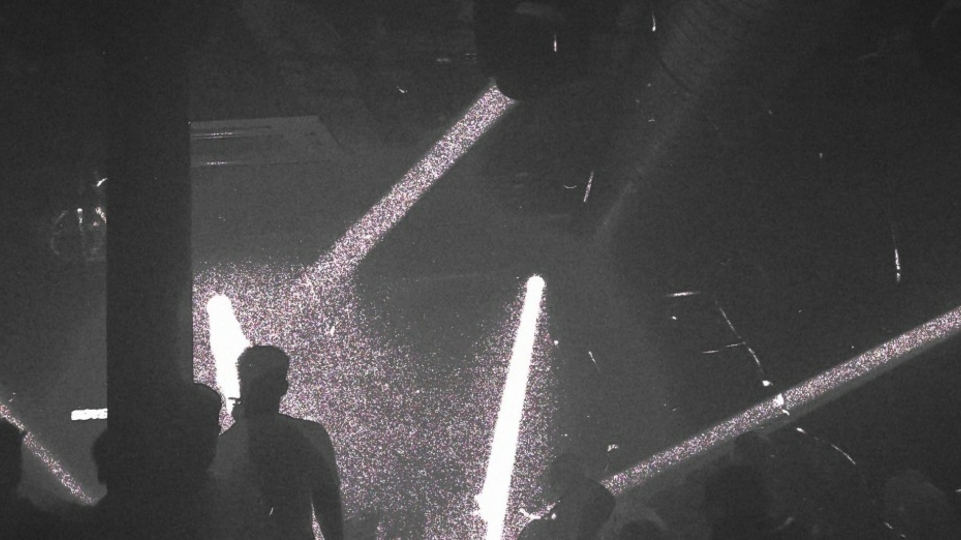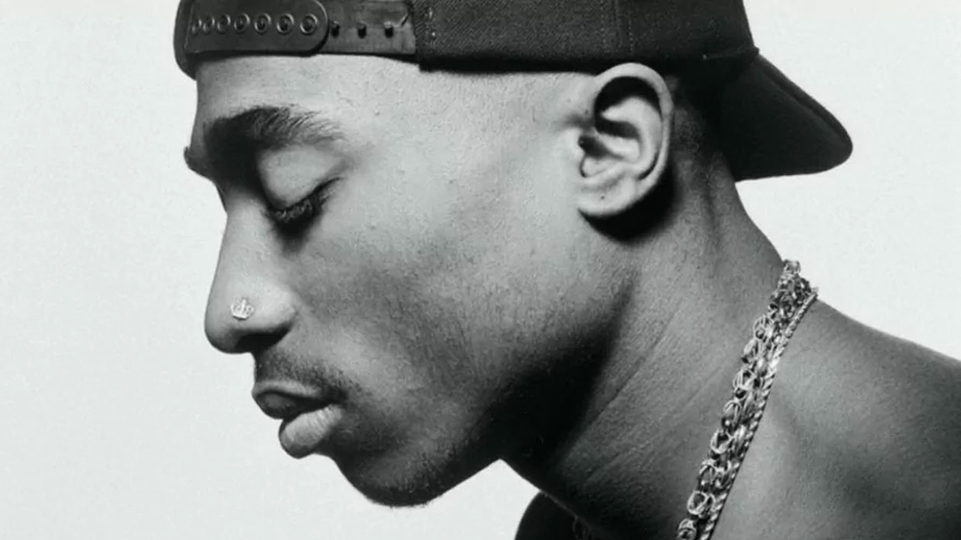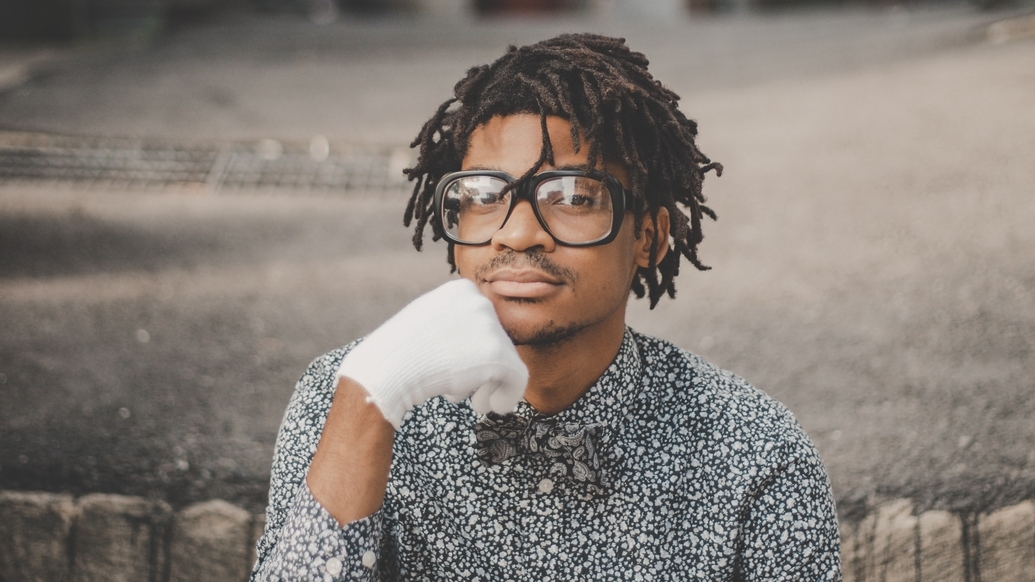
Levelling up with omniboi
Propelled by online communities and inspired by the backing soundtracks of digital realms, Omni Rutledge aka omniboi has evolved beyond his 8-bit beginnings, but he’ll never lose touch with the music that first rocked his world. Megan Venzin catches up with the multi-instrumentalist to learn more about his Twitch kingdom and his new EP on Nettwerk Music Group
Ask millennial artists about their earliest influences and the answers will often go something like this: “My parents played instruments”, “My parents insisted I play instruments”, or “I stumbled upon an aughts-era Daft Punk record and my life changed forever.” Of course, there are many who find an entry point elsewhere. Omni Rutledge — who is entirely self-taught in piano and production — believes musicality has a way of imprinting itself on people in passive ways.
“A lot of us discount the things that we listened to before we ever knew we were going to create something,” he tells DJ Mag on a call from his Los Angeles home. “That old video game music that I was consuming as a kid — it was a genre. If you listen to Mario music... that is jazz music! It's just made with chiptune sounds.”Admittedly, we mistook Rutledge, or omniboi as he’s known to fans, as a classically trained cat rather than solely an arcade tune enthusiast.
Maybe it’s his unique look that led us astray — the oversized glasses, colourful bow ties and white gloves had us thinking he opted for bebop in University. Or more than likely, it was his ability to build joyous, syncopated worlds on a whim using a hefty collection of synthesizers, vocoders, MIDI samplers and toy accordions, that had us fooled. Those innate improvisational talents attract thousands of online fans to Twitch for his Morning Medley livestreams and other special presentations, which range from production tutorials to first-person cooking content.
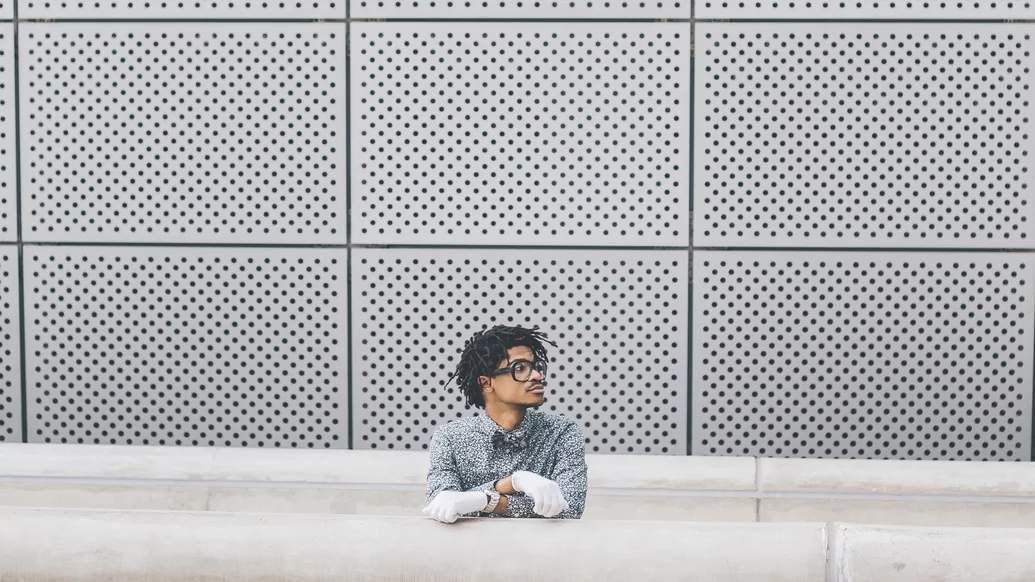
“I always get nervous when somebody’s like, ‘oh, he makes jazz’ because anyone who’s listening with a discerning ear will be like, ‘I don’t think he knows what he's doing,’” he says, letting out a laugh. Instead, Rutledge stamps his tunes with less traditional hashtags — phrases such as “Kawaii Future Bass” and “plunderphonic” — crediting the pop-culture channels of his youth for fueling a sonic curiosity.
“Bossa Nova is so present in Nintendo games, but it's not presented here as Bossa Nova music,” he continues, naming another style that floods its way into his LPs, EPs and interactive live sets. “People are consuming music through different media, whether it’s through a TV show or a video game or a movie — The Powerpuff Girls showed people what drum & bass would sound like before they know what they were listening to,” he continues, referencing the bygone Cartoon Network hit. “I think a lot of my sound comes from this weird second, or sometimes third-hand inspiration.”
Omniboi’s aura seems inspired by cartoons a bit, too. The energy shines through in his mile-wide smile, larger-than-life gestures and a voice that throws itself to and fro in moments of excitement. And there’s plenty of animated enthusiasm at the time of our chat — Rutledge is preparing himself mentally and physically for a 30-hour Twitch marathon in which he’ll play piano on the fly and give viewers a behind the scenes look at how he made his most recent LP. He’ll also embark on a live “let’s-play” of We Are OFK, a video game for consoles like Nintendo Switch, Playstation 5 and PC that’s billed as “an interactive TV show of arguing over lyrics, sending sad texts, and playing Interactive Music Videos.”
The storyline follows a cast of Gen-Z characters as they form an electro pop band whose name shares the game’s title — and it’s one single-player adventure our subject holds near and dear. During the height of the pandemic, Rutledge produced its score, along with a library of funky themes and airy effects that emerge throughout gameplay. The gig was a long-time coming, the result of connections he’d made more than seven years back when he was still performing chiptune shows in an LA-based studio inhabited by indie developers. “Right after we finished it, I thought there's no way I can play this right now, I’m so waist deep in it,” he describes of his emotions following the lockdown project. “But I feel like I've had enough of a break from it so I can play it all the way through and really enjoy it from a gamer’s perspective.”
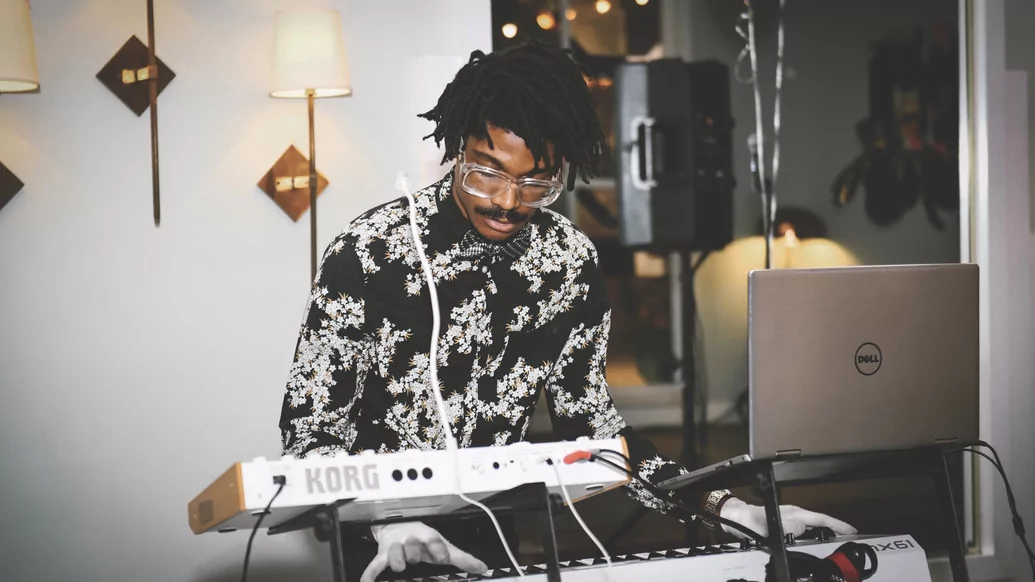
That segment of the online event is bound to take a few hours. During his self-curated marathons, the rising star does not sleep — it’s the best way to give viewers an unfiltered glimpse at what’s going down in omniboi’s crib. “Ahead of my first 24-hour stream I was so afraid, because I was thinking, what if I get so tired that I just get sloppy?” he says letting out a guffaw. “Now, I take breaks for meals. I give myself little checkpoints where I can stop to remind myself, hey the camera is on, you’re still performing!”
A sleepless, 30-hour marathon may sound downright daunting, but for Rutledge who considers Twitch a second home these days, it’s a chance to kick back with an extended-inner circle. An early adopter, omniboi was a presence on the platform before Covid resulted in a heavy saturation of DJs who converted to virtual sets while dancefloors sat empty. There, he’s built a community of followers and fellow streamers who give him a sense of purpose beyond the studio.
And even before Twitch, Rutledge found solace online. Originally from Arizona, he claims his home state was largely overlooked by touring bands and DJs when he was growing up. In lieu of club nights, he scoured the web and fledging apps to find his fix. Online he encountered pop-fueled dance music that shook his soul, clocking Calvin Harris’s 2007 studio album ‘I Created Disco’ as a formative discovery.
“I’m always pulling up old songs that really shaped me as a creative,” he says in reference to the EDM star’s debut LP, and other works from that period. “I was big into French House and Bloghaus, and I’ve noticed there are just straight up mistakes left in those songs — like you can hear people talking in the background, and the mic’s picking up random stuff, but it was never a deterrent for me. I don’t care if this person is singing slightly out of key, or the kick’s way too loud, or if it's peeking or redlining at certain parts. If I connect with the song, I like the song.”
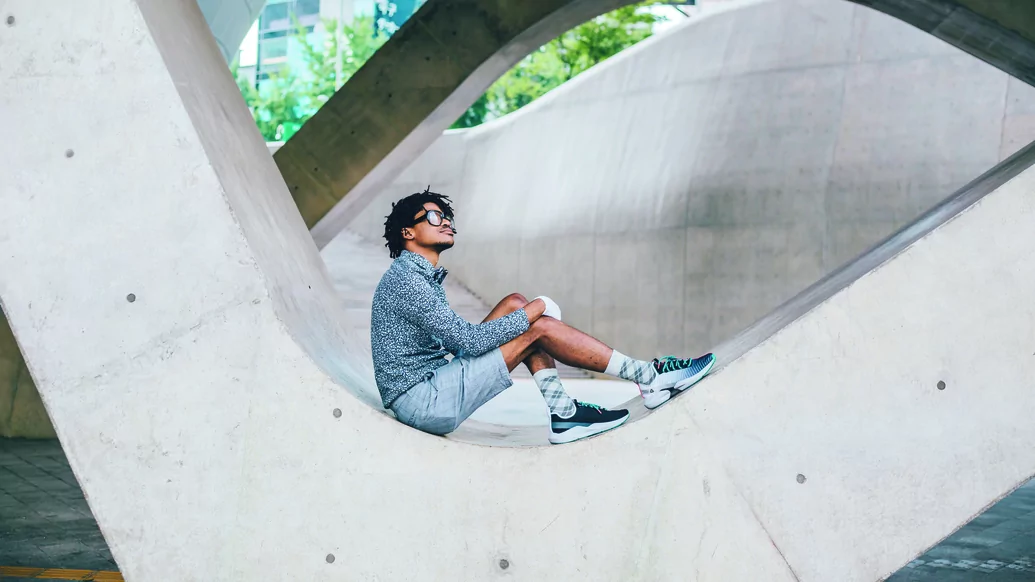
Omniboi would go on to embrace imperfections, too, as he dove into music-making at a juncture when roll-outs were less curated and Spotify playlists were still years off in the distance. Rutledge became enamored with a music streaming app with a then-orange logo that would serve as the springboard for his DIY career — one that harks back to simpler times.
“During the SoundCloud era of music production, there were a lot of tools and resources that were accessible, and so I just kind of messed around with those and gradually taught myself how to produce,” he explains of the online space where he shared his first songs made on software like FL Studio 3. “I’m definitely not a sound designer. I remember trying to make really cool narrative-driven, cinematic music, but since I was using these bare bones, square wave sounds, it just sounded like video game music,” he recalls.
New to the craft, he leaned into that aesthetic, whipping up simple compositions and uploading them to Soundcloud without much thought as to whether they were complete, much less, worthy of formal release. It didn’t matter — he was having a blast. Omniboi soon amassed a niche following for his nostalgic, MIDIfied beats, and around the same time exposure to acts like the New York-based chiptune-pop band Anamanaguchi and a young Porter Robinson had him reconsidering fresh ways to expand upon his productions.
“I was seeing a lot of these people using the same kind of gear to create these really complex and beautiful sounds — and I was like ‘wait, I can make this sound better?’ There was such a tight knit community on SoundCloud where if you heard something, or saw something you liked, you could just message people asking them what they used, and for the most part they messaged back,” he tells of the feedback loop that the artist-facing app fostered. “I feel like I grew a lot, and just in those few years on SoundCloud it moved me into other genres.”
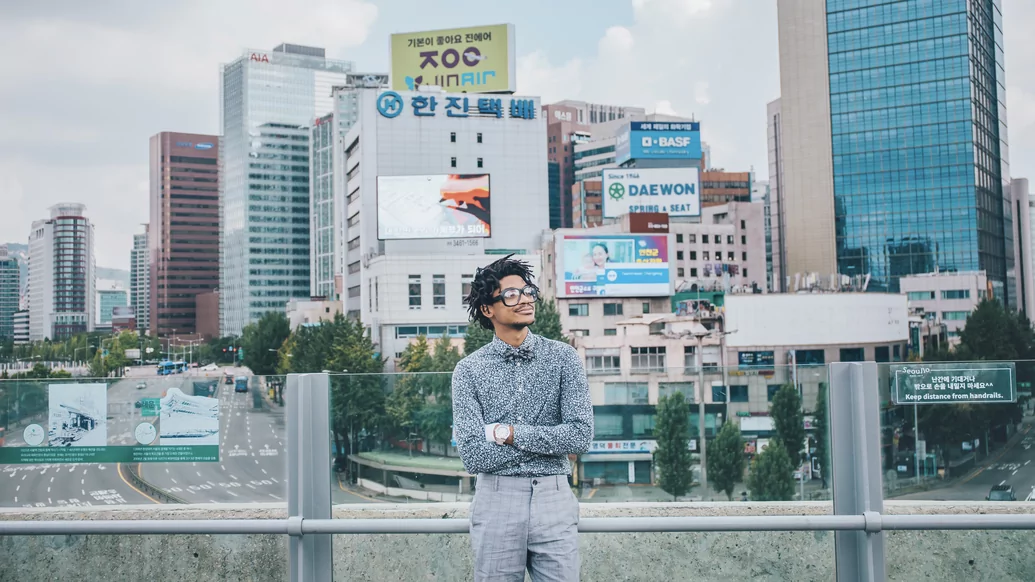
Rutledge moved to LA in 2015, and omniboi’s breakout moment came in 2017 after he nonchalantly tweeted out a Soundcloud link of a bootleg hip-hop remix. The track was Migos’ ‘Bad and Boujee’, and in Rutledge’s treatment, the trio’s hard as fuck rhymes about new money and “cookin’ up dope” float almost comically above a sea of smooth and jazzy keys. “It's not very well produced, like I didn't even try to dub over them with well-mixed audio, but it really resonated with people and I try to remember that,” he exclaims of his unexpected entry into the mainstream. “It helps, obviously, to have things that look very nice and sound very clean, but at the end of the day, if the idea is good, people will connect with that.” The viral tweet, dated January 11, 2017 with the caption “Sad & Woozy” currently sits at 1,000 reposts — a number minimal by modern standards, and indicative of the changing landscape and reach of today’s online social media platforms.
Being a product of SoundCloud’s primordial goo empowered omniboi to sustain a laissez-faire approach to crafting and releasing music. “It’s so much fun for me to make things and then immediately share them, even if there’s not a specific space for it, little demos, or ideas or jingles that I make,” Rutledge shares with a sense of wonder in his voice. “Twitch has actually been a really good middleman for that. Instead of a full-blown album or single, it’s a place for me to work on and share music with people in a way that SoundCloud used to let me do.”
While omniboi’s online spontaneity remains part of his charm, his studio releases are a good trip, too. His self-released ‘Gleam Dream’ LP, which arrived at the tail end of 2022, is a whimsical 19-track romp through the brighter sides of electro house, nu disco and effervescent dream pop. Rutledge’s filter-drenched vocals and exceptional piano skills ensure that nearly every cut is a candy-coated bop, though ‘Picture This’ with its swirling samples and Kirby’s Superstar-esque undertones may be the big standout (though ‘Shine’, a lovey dovey duet featuring a quirky Raychel Jay and ‘Chok’d’, a rap-skewed tribute/warning on Popeye’s biscuits are close runners up.)
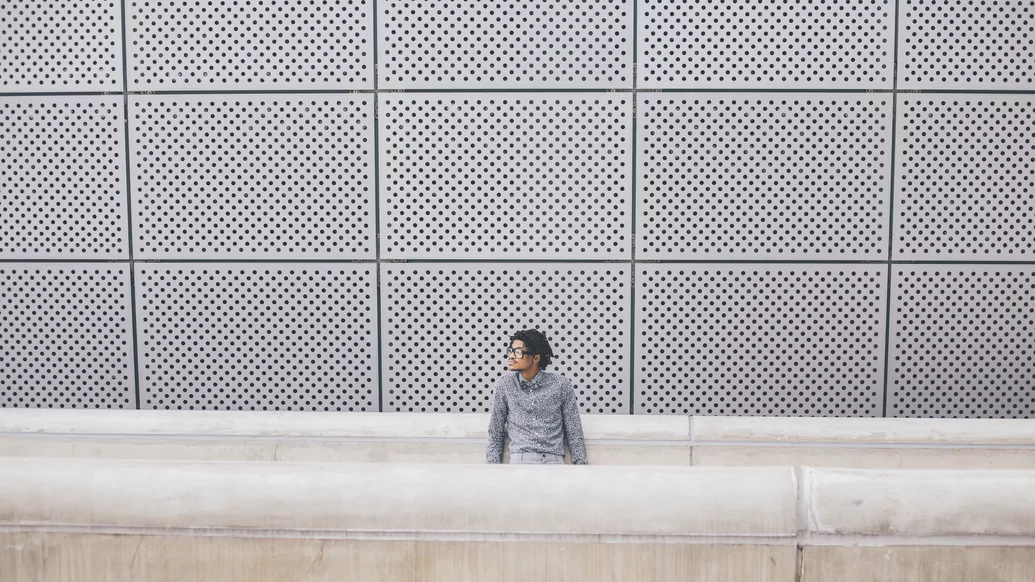
This July, he returned to Nettwerk Music Group with the single ‘Set Apart’ featuring the sultry tones of a vocalist called Dona. Its fluttering low-end and hazy, sunset synths make for an enrapturing four-on-the- floor melter. The single, which is the lead off his forthcoming ‘Panorama’ EP with the imprint (drops December 8th) also hints at a more dancefloor-oriented side of omniboi’s discography. “‘Gleam Dream’ was a pandemic album, inspired by me being trapped inside my house,” the multi-instrumentalist explains.
“Now, I’m going back out, I feel like life is coming back and events are coming back, but I'm returning to a world that isn't the one I left,” he says in a way that rings more inquisitive than melancholy. “One of the strangest things for me is going out in the city and seeing things that had maybe closed down or burned down during the pandemic, but were then replaced with something new and it all happened without me seeing it. There’s a lot of weirdness — I feel like the city is familiar but foreign.”
Despite heavy circumstances surrounding its creation, the ‘Gleam Dream’ LP is light as air, and the new release boasts a sweet summer essence too, perhaps in spite of any so called “weirdness” Rutledge may have felt upon reemerging into LA’s shifted streets. It seems a relentless ebullience is always at the heart of Rutledge’s attitude and omniboi’s output. Though his style has veered slightly from its chipped-out, 8-bit origins, that youthful magic remains palpable in every chord.
“Even as I try to evolve past that and make more mature music, I’ll always have this lens of genres through video games bleeding through my work, and there was a time where I tried to hide from that,” he says matter of factly. “Now, I'm seeing it for what it is: it’s where all of my first inspirations in music came from. Whether I lean into it or lean out of it, it’s just one of those things that’s going to be ever present in the music I make, probably for the rest of my life.” We’re totally ready for the next level.
